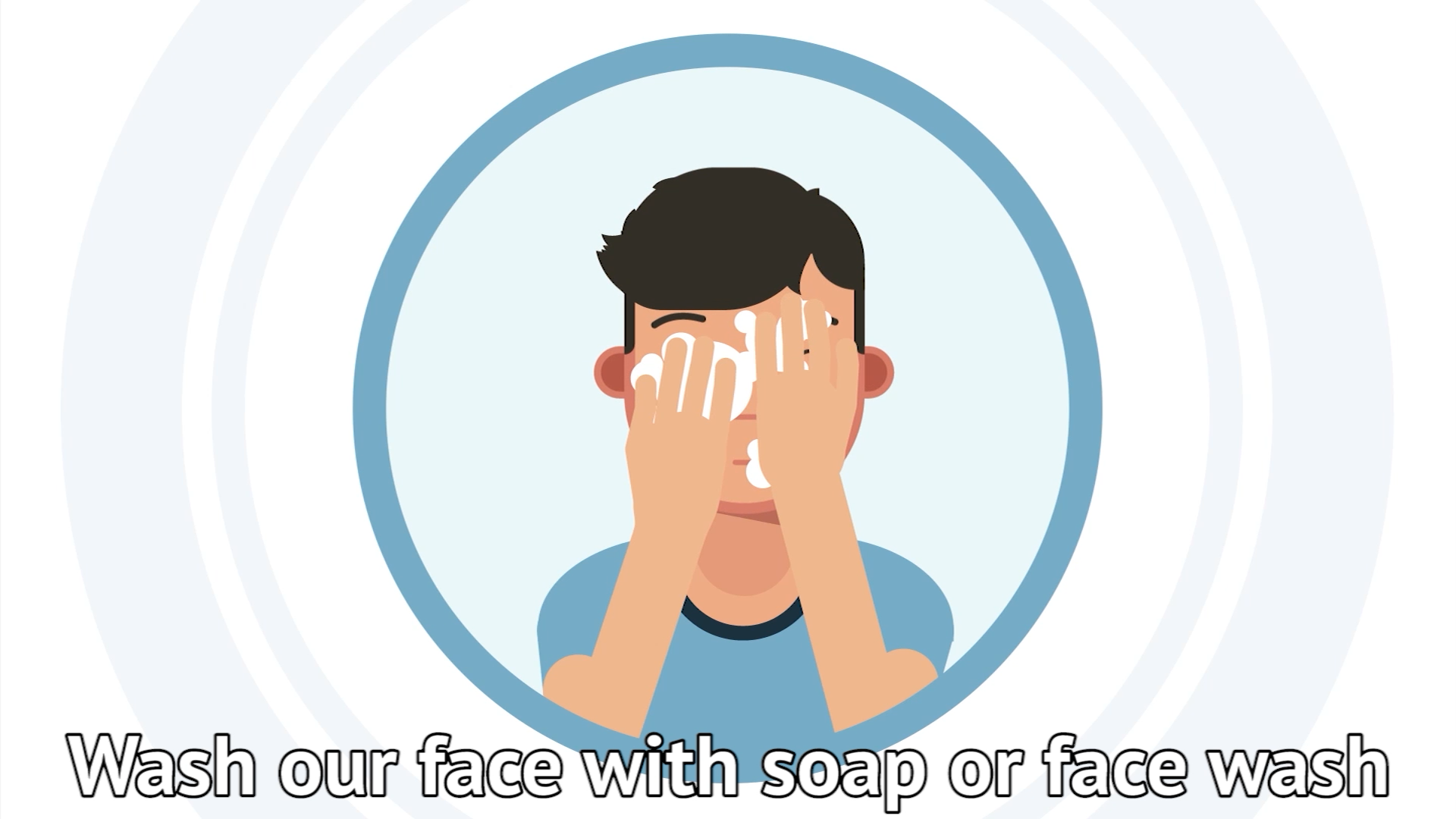
Introduction
Teaching good hygiene habits to students in special education is an essential aspect of their development. Good hygiene not only keeps students healthy, but it also helps them feel comfortable around their peers and teachers. In this blog post, we will explore a no-prep activity that educators can use to teach and reinforce good hygiene practices. We will also provide discussion questions to stimulate further conversation and mention related skills that are important for students to learn.
No-Prep Activity
The “Hygiene Check-In” is a simple, no-prep activity that can be incorporated into the daily routine of your students. At the beginning of each school day, have students take a moment to think about their hygiene and ask themselves, “How’s my hygiene today?”. Encourage them to consider if they have completed the essential hygiene tasks, such as washing their hands and face, brushing their teeth, and wearing clean clothes. This daily check-in can be done individually or as a group, with students sharing their progress and discussing the importance of maintaining good hygiene.
Discussion Questions
- Why is it important to practice good hygiene every day?
- What are some consequences of not maintaining good hygiene?
- How can we remember to complete our daily hygiene tasks?
- How does practicing good hygiene affect our interactions with others?
- What are some strategies for maintaining good hygiene when we are away from home, such as during a school trip or vacation?
Related Skills
Alongside good hygiene habits, there are several other skills that are important for students in special education to develop. These include:
- Self-awareness: Being aware of one’s own feelings, strengths, and weaknesses is essential for personal growth and making informed decisions.
- Self-management: Developing the ability to regulate emotions, thoughts, and behaviors in different situations helps students cope with stress and maintain a positive outlook.
- Social awareness: Understanding the perspectives of others and showing empathy for their feelings promotes positive relationships and effective communication.
- Decision-making: Learning to make responsible choices based on personal values, social norms, and potential consequences is crucial for students’ well-being and success.
Next Steps
Teaching good hygiene habits is just one aspect of fostering social-emotional learning in students with special needs. To access free samples of activities and resources that can help you teach a variety of essential skills, visit Everyday Speech’s sample materials page. These resources can support you in creating a comprehensive and engaging learning environment for your students, promoting their overall well-being and success.

